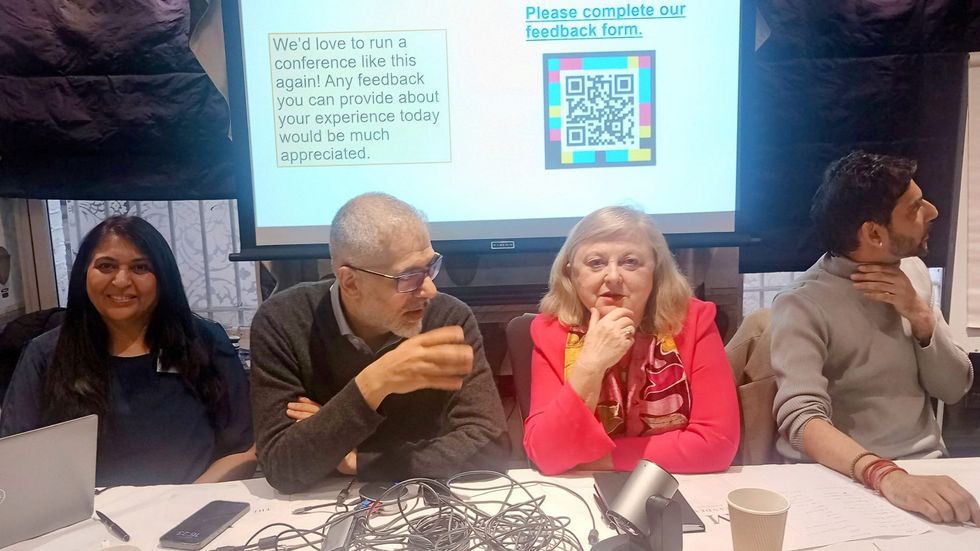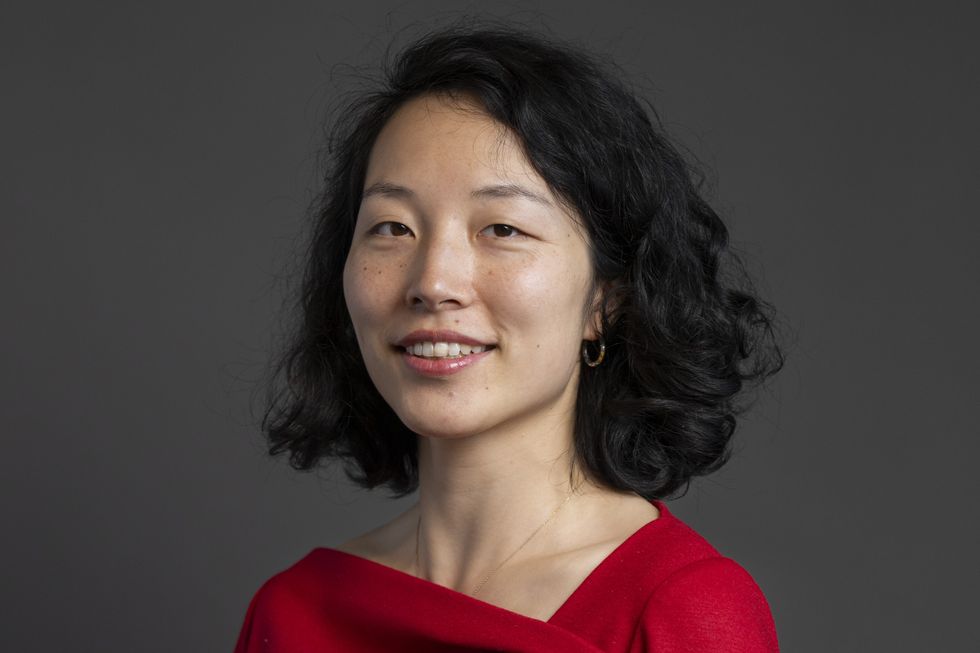A sharp decline in students studying Gujarati in the UK has prompted a coalition of educators, policymakers, and community leaders to take urgent action. The Developing Gujarati Language and Culture Conference, held at The Mandeville Hotel in Marylebone, brought together leading voices to explore ways of revitalising the language and reinforcing its cultural significance.
The conference was jointly organised by Gareth Thomas MP, the India All-Party Parliamentary Group, The 1928 Institute, and UCL’s Faculty of Education and Society. Experts from Pearson UK, alongside Gujarati language teachers and education practitioners, participated in discussions on safeguarding the future of the language in British schools.
According to data from the House of Commons Library, there has been a 44% decline in the number of students awarded a GCSE in Gujarati over the past decade. With India’s global economic presence on the rise and the UK home to a large Gujarati-speaking diaspora, delegates highlighted the need for immediate and coordinated efforts.
The event opened with a collective recitation of Veer Narmad's iconic poem Jai Jai Garavi Gujarat, setting a cultural tone for the discussions that followed.
Speakers stress cultural and economic relevance
The conference featured a range of high-profile speakers, including Gareth Thomas MP, Lord Krish Raval, OBE (Baron Raval of Hertsmere), Bernardette Holmes MBE (Director, National Centre for Languages Education), Clare Allison (NCLE/HHCL Officer), and Sonal Shah (former Chair, CGS, OAUK).
Gareth Thomas MP addressed the economic and social implications of the language’s decline, stating: “Given the global significance of the Indian economy, it is alarming to witness a steep decline in the teaching of Gujarati. Language is key to strengthening our business ties and ensuring that the UK’s Gujarati-speaking community remains connected to its roots. This conference is a crucial step towards reversing this decline.”
Bernardette Holmes MBE echoed the importance of language in shaping identity and community cohesion:
“Language is more than communication; it is about identity, heritage, and connection across generations. Preserving Gujarati is vital for the cultural and social fabric of our communities.”

Workshops and strategies for revitalisation
The conference included two interactive workshops that focused on practical strategies and policy recommendations:
Motivating Learners from KS2 to KS4, led by Clare Allison and Sonal Shah, explored methods to boost student engagement.
Strategies for Strengthening Provision, led by Bernardette Holmes MBE and Dr Rishi Handa, focused on institutional collaboration and support mechanisms.
A panel discussion, featuring Lord Krish Raval and other experts, further examined how the Gujarati language could be better integrated into the national curriculum and supported through exam boards and local authorities.
A renewed vision for Gujarati in the UK
With an estimated one million Gujaratis living in the UK, the significance of promoting the language goes beyond cultural preservation. “It is in the interest of our country to teach Gujarati—not just for the community, but also for economic and diplomatic opportunities with India,” Gareth Thomas MP remarked.
The event concluded with a strong call to action for continued collaboration between educational institutions, government bodies, and community organisations. Key proposals included creating regular knowledge-sharing forums, enhancing GCSE and A-Level support through Pearson UK, and encouraging more schools to offer Gujarati as part of their curriculum.



















 Yuan Yang (Photo: UK Parliament)
Yuan Yang (Photo: UK Parliament)
Anurag Bajpayee's Gradiant: The water company tackling a global crisis